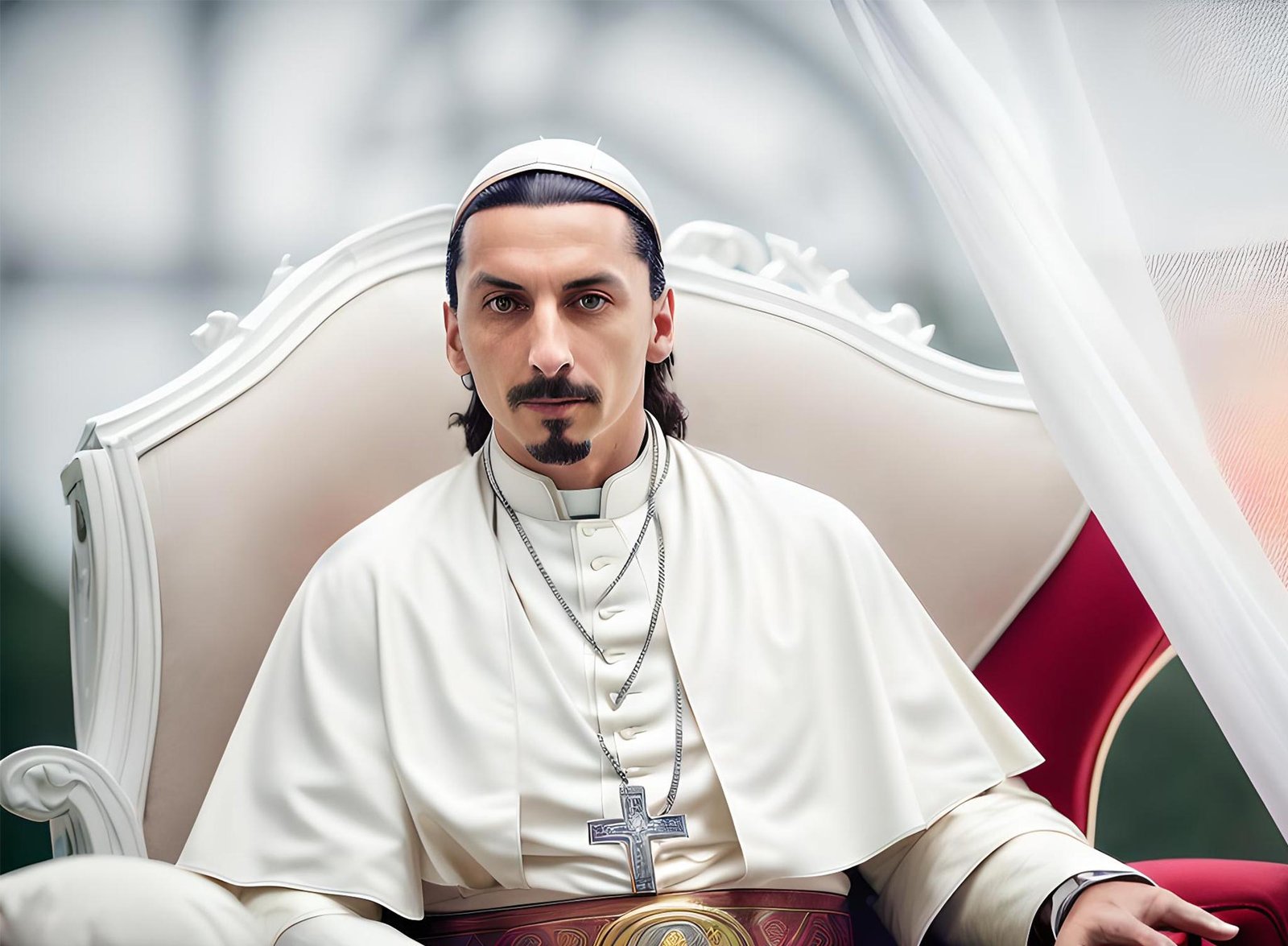
There seem to be no limits to what AI can create, as it delves into generating images portraying celebrities in situations, locations, and with attitudes that are entirely fictional yet eerily realistic. Viral instances like the photo of Pope Francis on a motorcycle or the purported arrest of Biden have sparked debates on the ethical implications of this technology.
But let’s take a moment to focus on one particular celebrity: Zlatan Ibrahimovic. Known for his larger-than-life persona and incredible football skills, Ibrahimovic has become an icon in the world of sports. So, what happens when AI takes on the challenge of generating images related to this larger-than-life personality?
What emerged was not only a replication of his physical features but also a grasp of the celebrity’s personality and demeanor, resulting in ironically humorous images that perfectly capture the ‘Ibra style.’ From Ibrahimovic King of United Kingdom to Ibra-Pope, the AI-generated images are a testament to the power of AI in capturing the essence of a celebrity.
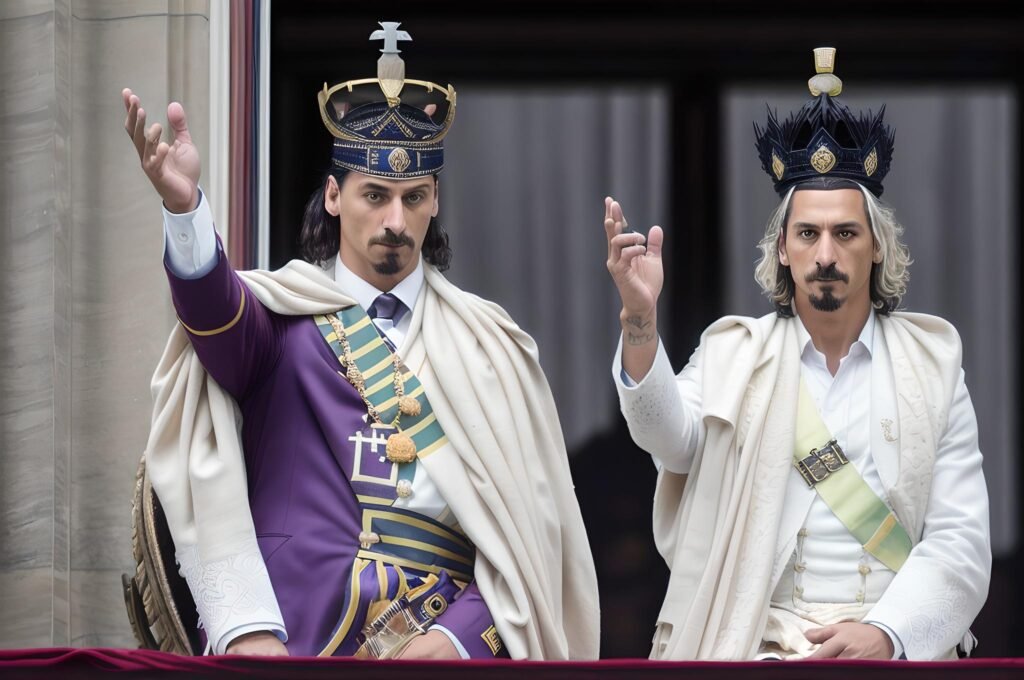

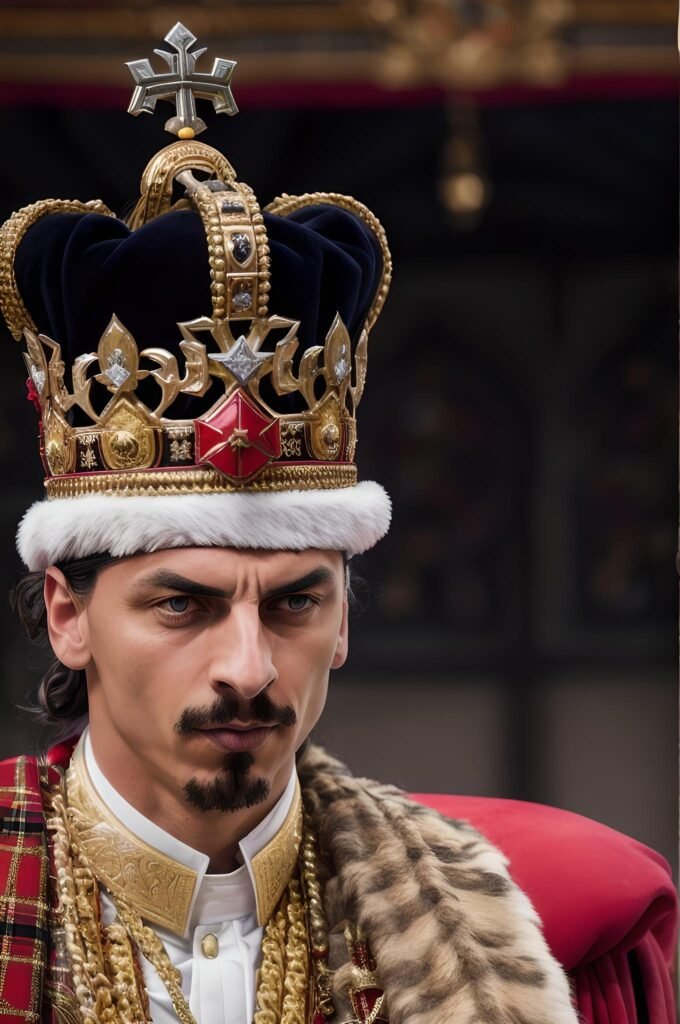
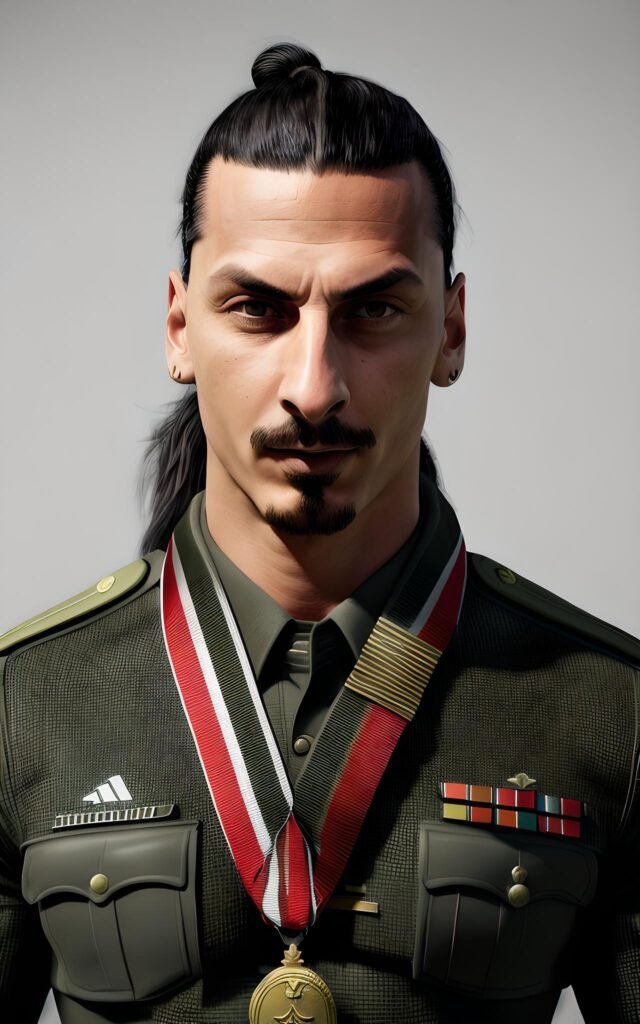

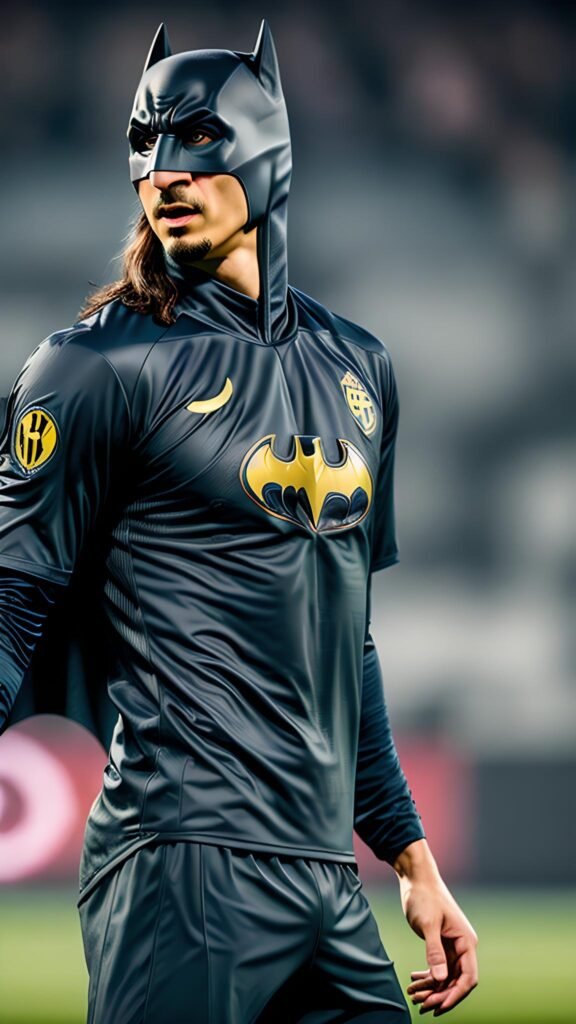
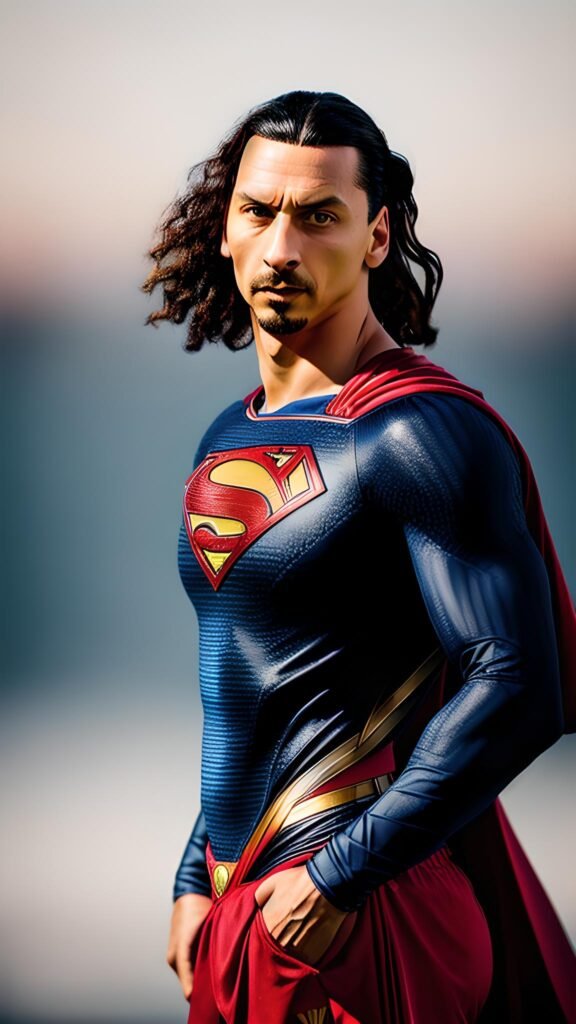

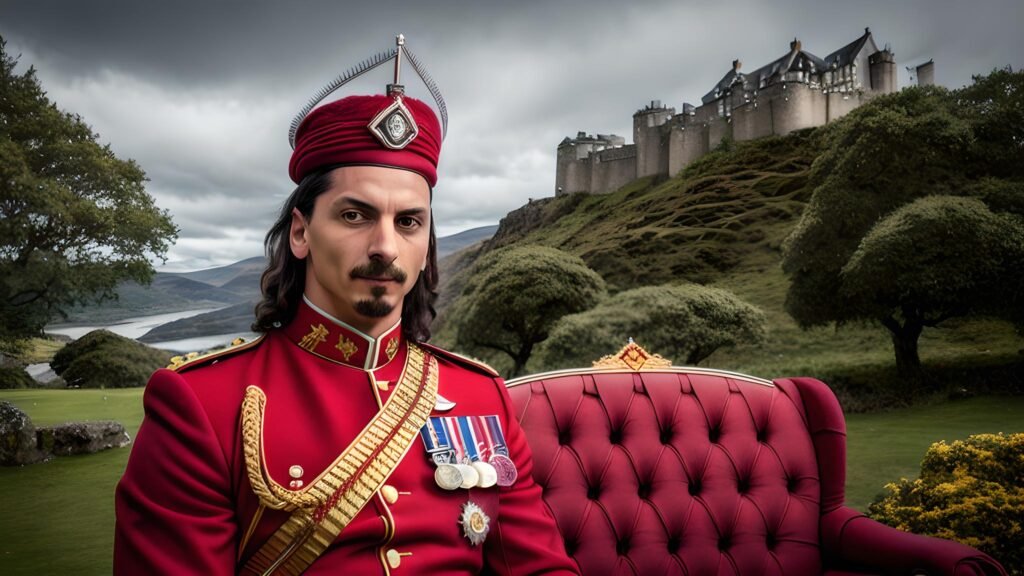
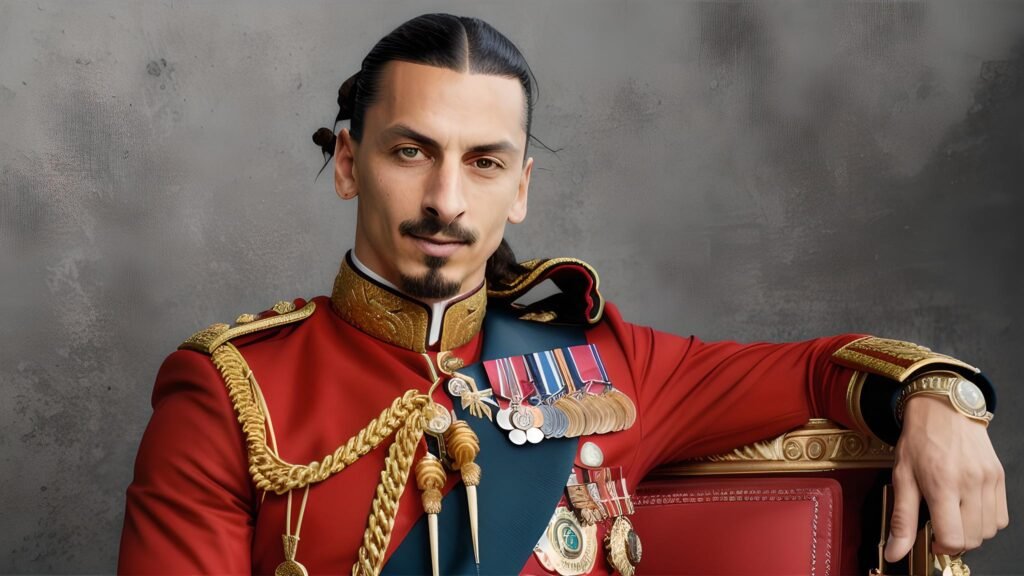
The ethical implications
But as we marvel at the capabilities of AI, we must also consider the ethical implications of this technology. Does the ability of AI to recreate not just appearances but also the essence of celebrities cross ethical boundaries, blurring the line between imagination and reality?
On one hand, AI-generated celebrity images can be seen as harmless fun, providing entertainment and amusement to the masses. These images allow us to imagine celebrities in scenarios that we would never see in real life, sparking our creativity and sense of wonder.
However, there is a darker side to this technology. The AI-generated images can also be used to spread misinformation or manipulate public opinion. Imagine a scenario where an AI-generated image of a celebrity endorsing a product or making a controversial statement goes viral. The potential for deception and manipulation is undeniable.
Furthermore, there are concerns about privacy and consent. Celebrities already face challenges in maintaining their privacy and controlling their public image. With AI’s ability to generate realistic images, the line between what is real and what is fabricated becomes increasingly blurred. Celebrities may find themselves in situations they never actually participated in, leading to potential damage to their reputation.
So, where do we draw the line? Should there be regulations and guidelines in place to govern the use of AI-generated celebrity images? Should celebrities have the right to control how their likeness is used in AI-generated content?
As AI continues to advance, these questions become more pressing. It is crucial that we engage in thoughtful discussions and establish ethical frameworks to navigate the intersection of AI and celebrity imagery.
While AI has the potential to push the boundaries of imagination and creativity, we must ensure that it is used responsibly and ethically. The power to create realistic images of celebrities should not be taken lightly, as it has the potential to impact not only the individuals portrayed but also society as a whole.
So, the next time you come across an AI-generated image of your favorite celebrity, take a moment to appreciate the technological marvel behind it. But also remember to question the ethical implications and consider the impact it may have on our perception of reality.
And here’s how AI envisions a charity football match involving the highest-profile personalities.
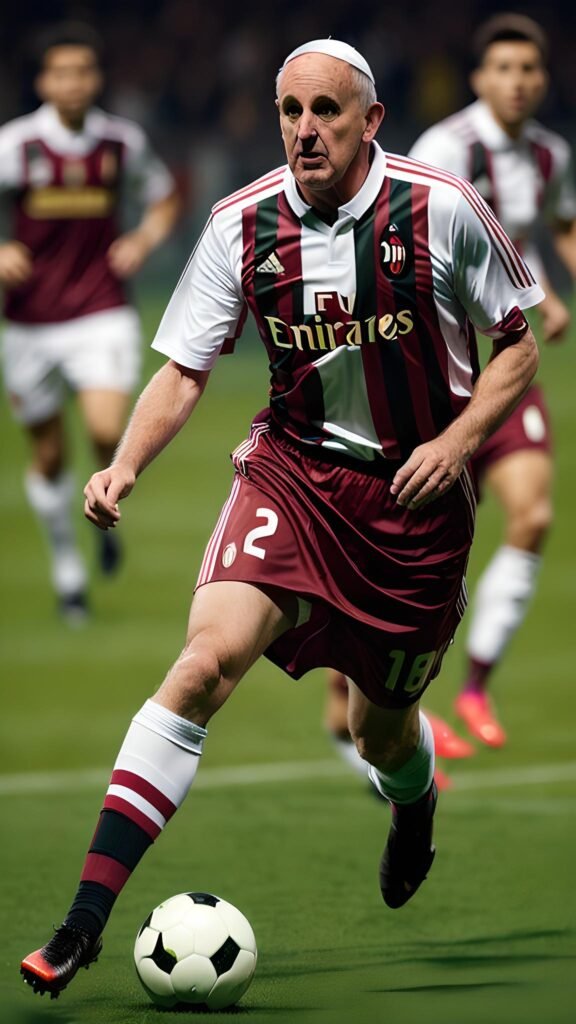
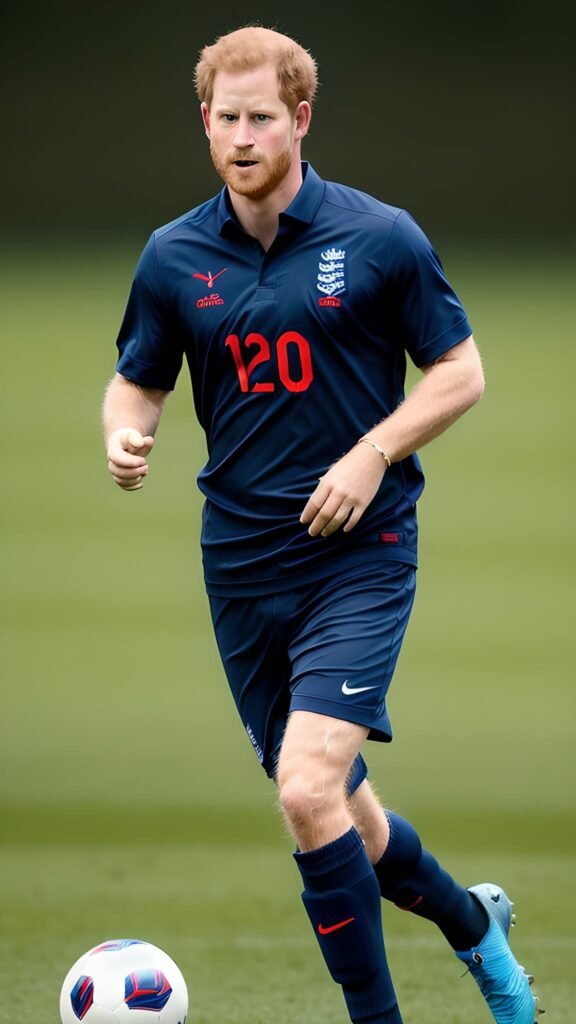

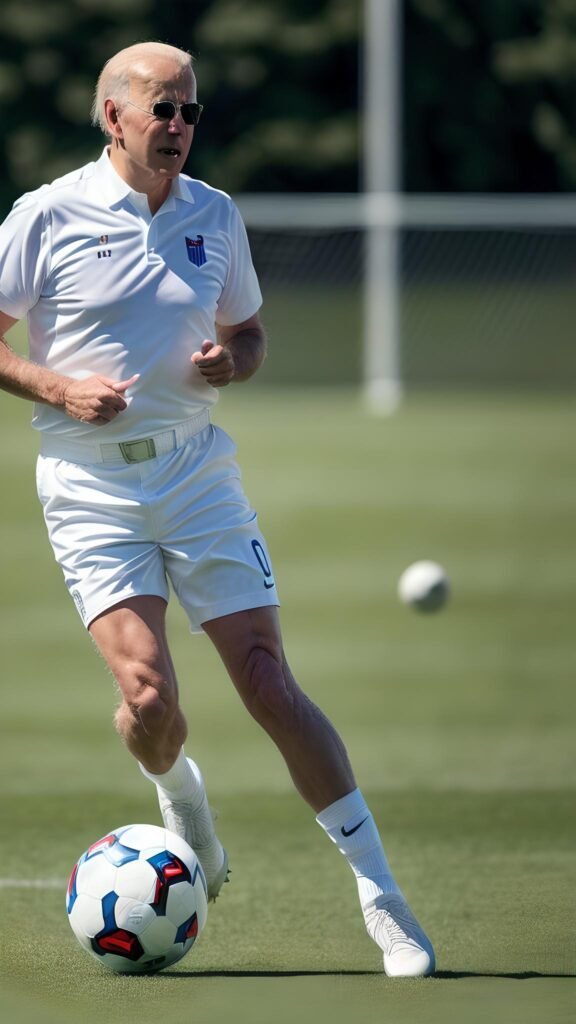





Average Rating